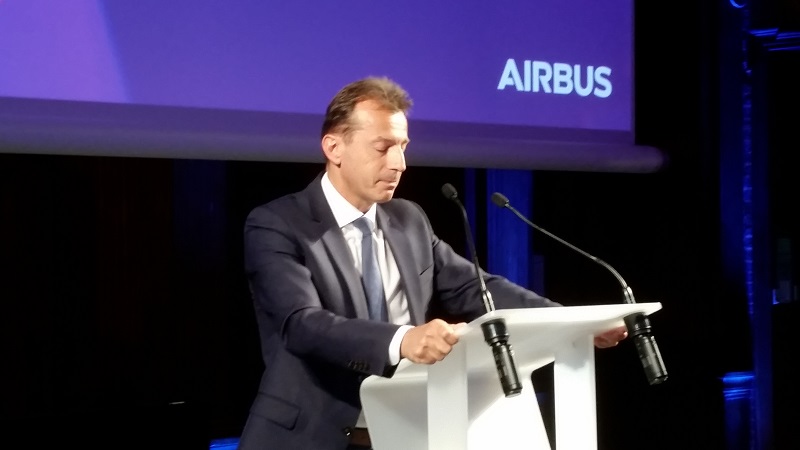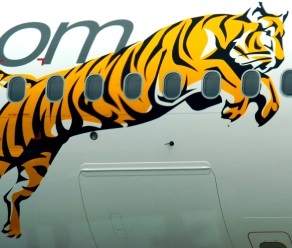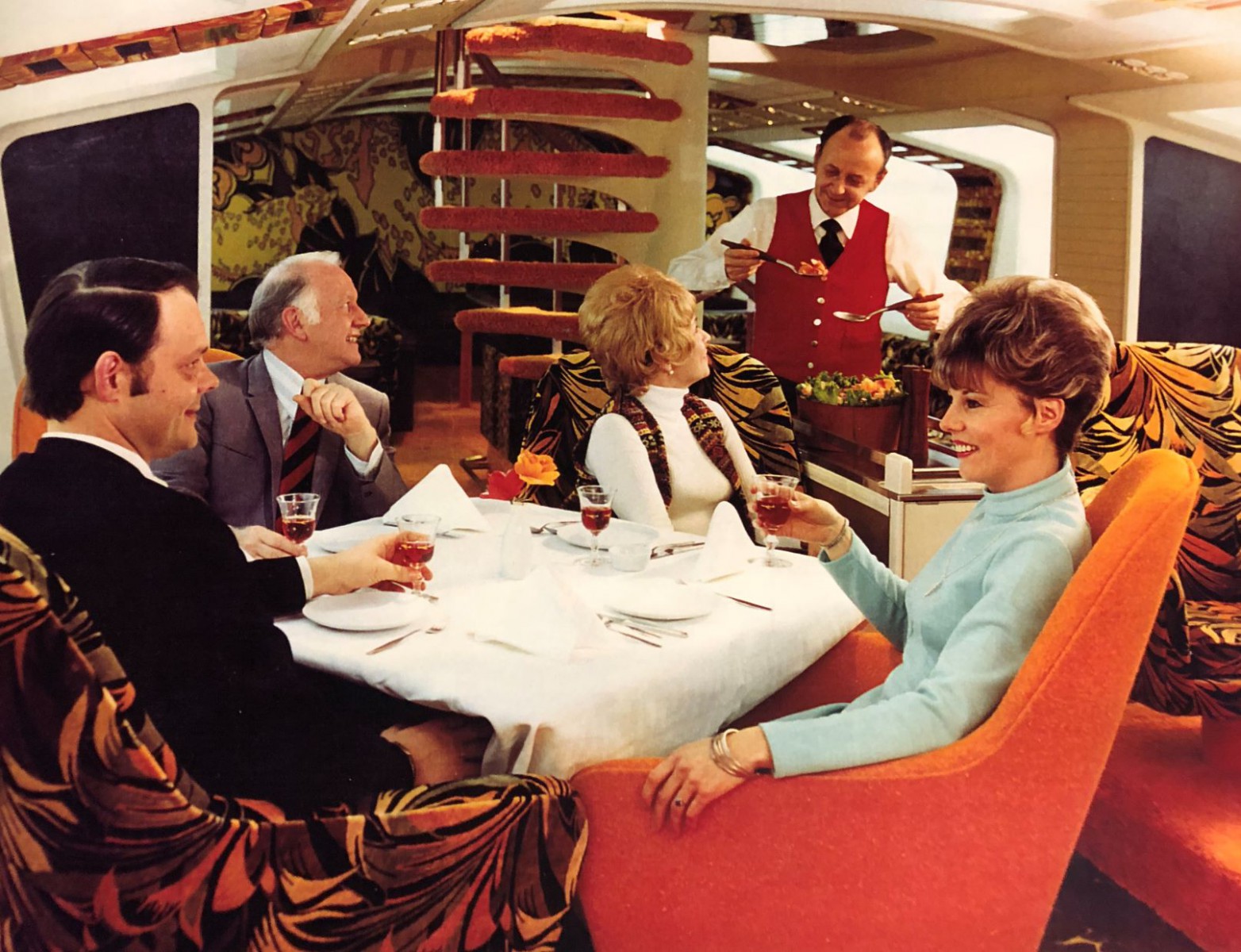Airbus boss does not regret A380 decision
30 November, 2019
6 min read
By joining our newsletter, you agree to our Privacy Policy


The order by Emirates for 50 Airbus A350s at the recent Dubai Air Show was a last-minute affair, so much so that there wasn’t even time to print press releases in time for the announcement press conference.
This emerged when Airbus CEO Guillaume Faury faced journalists in Hamburg, Germany.
SEE some crazy ideas that never made it onto aircraft
SEE our photo gallery of brave hostesses of the mid-20th century.
READ our list of the best airlines for 2020.
The lengthy exclusive interview the President of Emirates, Sir Tim Clark, had granted AirlineRatings.com recently was apparently very much in the back of Airbus executives' minds.
Sir Tim had predicted that orders by Emirates at the show were unlikely, and indeed that seemed to be the case initially.
Clark had also criticized OEM’s in general for overpromising and delivering too little of it too late.
“We are very grateful that they have awarded us with a contract for 50 A350s,” Faury told AirlineRatings in Hamburg. “I think we are not disappointing when it comes to the A350.
"Emirates ordering the A350 right after what Tim Clark said is a very strong commitment and testimonial of the strength of the A350.”
Asked about the industry problem of overpromising, Faury declined to comment on Boeing or engine manufacturers' issues, both of which have been very much in the focus of criticism.
“If we look at ourselves in terms of disappointment, we have difficulties in the speed of ramp-ups of our A320 blockbuster, so we have to be humble,” Faury said.
“I don’t think we disappoint on the product side, rather on the contrary. But yes, we are under strong pressure to deliver the products we have committed to faster, and we had difficulties with it that we try to overcome.”
A major issue between Emirates and the European manufacturer is the ending of the A380 production in 2021, after having delivered a total of 123 of the giants to the airline, which operates more than half of the worldwide fleet of the superjumbo.
Sir Tim had said that Airbus would rue the day it decided to shut the program down.
“The day we were sorry about the closure of the program is in the past, it was earlier this year,” said the Airbus CEO about the announcement of the end of the line in February.
“We love the A380, as do the passengers, and I know Tim Clark has a very personal and emotional relationship with the A380.
"So do we, and as it comes to emotion, yes we are very sad with the situation. But will we regret the A380 shutdown one day? I don’t think so.”
Faury emphasized the benefits of the program now and in the future.
“We would never (have) had such a successful A350 if we would not have learned many things from the A380.
"So in many ways, the A380 is still alive through the technologies we have put in the A350 - which obviously fits very well in today’s market,” stresses the Airbus CEO.
“In terms of architecture, will we again see large planes with 500-plus tons of take-off weight and four engines? Probably not, as Boeing also winds down the 747 and there is no other manufacturer with any four-engine aircraft project in sight.”
Faury also is steadfast in his belief that the A380 was the right thing to do.
“As a manufacturer, we think it’s a success”, he proclaimed. “The commercial success we had envisaged has not come to the expected magnitude because the world has changed, because the twin long-range A350-type planes are very successful, they come with flexibility and point-to-point capacity. Things have moved forward.”
And he is content as long as it is Airbus that has competitive products selling well.
“This is the very nature of innovation to bring new solutions and to keep improving,'' he said. "If we have to disrupt ourselves from time to time, well that’s the rule of the game.”
Airbus has been very cautious during the Boeing 737MAX crisis to not appear publicly as taking advantage of its competitor’s misery.
In Hamburg, Faury was emphasizing again that even if Airbus would want to fill the gap in aircraft deliveries caused by the grounded Boeing bestseller, it simply can’t.
“With a backlog of the A320 family of over 6,000 aircraft for eight or nine years of production we have no delivery slot available before 2024 or rather 2025,'' he said.
"There is no way we can offer slots to bridge the gap of missing aircraft due to the 737MAX grounding.”
What concerns him more is the overall outcome of the MAX crisis for the aircraft industry, as long-standing procedures of certifying new aircraft might change and complicate procedures and ultimately making them even lengthier.
“More negative is the tension the MAX grounding has created for us in procedures with authorities,” he added. “When it comes to safety, aviation has benefitted from a global framework, a level playing field in safety matters with a very close cooperation of the authorities, we think this is really an enabler of safety. We want this to keep going.”
Of course, Faury wasn’t allowed off the stage in Hamburg before answering at least one question about Qantas’ Project Sunrise.
“We are competing, we think the A350-1000 is the best product in that competition,'' he said. "But it’s up to Alan Joyce and his team to decide, also if this whole venture is economically viable for them.”
Editor-in-Chief's Note: The Emirates A350 order was a conversion of the announcement made in February earlier this year for 30 A350s and 40 A330-900s. That commitment was never ratified and now has been converted to an order for 50 A350s. Emirates says it will proceed with the A330 but ordered 787-9s instead of the 787-10s it earlier committed to. READ the full story here.
Next Article
3 min read
Virgin gets nod for Tiger deal

Get the latest news and updates straight to your inbox
No spam, no hassle, no fuss, just airline news direct to you.
By joining our newsletter, you agree to our Privacy Policy
Find us on social media
Comments
No comments yet, be the first to write one.
